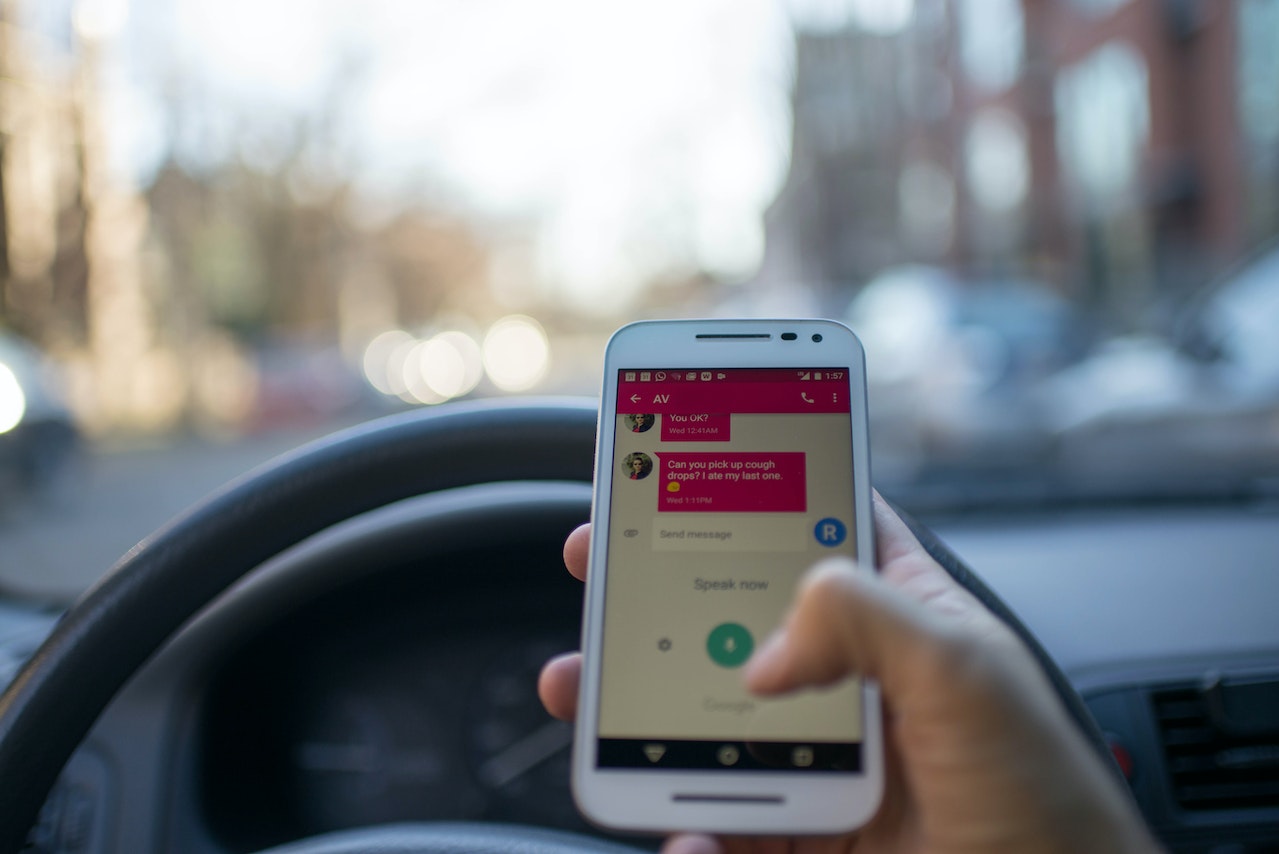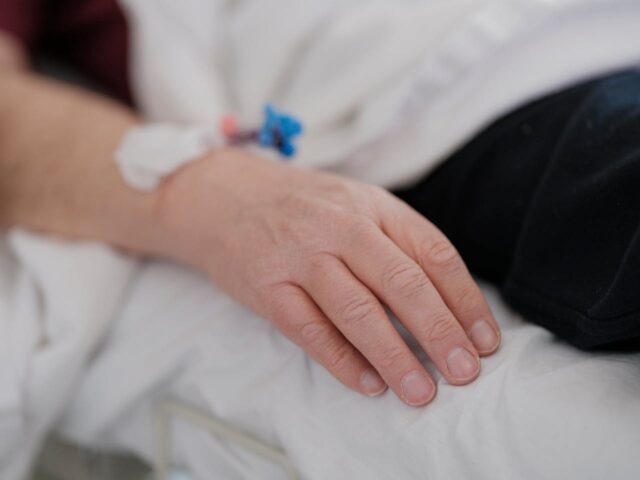Rideshare apps are an incredibly popular alternative to driving or using public transport. Today, more than 131 million people use Uber or Uber Eats every month, to say nothing of Lyft, Via, Bolt, and Austin’s own Wridz.
As more and more people are using rideshare apps, there are more and more questions of regulation, liability, and safety. If you have been injured in a rideshare accident, it’s best to get personalized advice about your case from a qualified Austin rideshare accident attorney. For those people who are interested in an overview of rideshare safety, here’s what you need to know.
Common Causes of Rideshare Accidents in Texas
One of the distinguishing features of rideshare services is that the drivers are ordinary people without special driver training, qualifications, or licenses. This means that rideshare accidents are caused by the same things that cause ordinary car accidents, including:
Distracted driving. Distracted driving is the leading cause of car accidents in America. Rideshare drivers may be especially susceptible to distractions because their work depends on the use of apps on their phones or devices.
Speeding. The second leading cause of auto accidents of all kinds is one or more drivers exceeding the speed limit. Speeding not only increases the frequency of accidents, but it also increases the likelihood and severity of injury in an accident.
Fatigued driving. Fatigue is another very common cause of car accidents.
Reckless driving. Reckless driving is common among inexperienced drivers, who may drive too close to other vehicles, misjudge visibility or weather conditions, or make other bad driving decisions.
In Texas, rideshare drivers must have a clean driving record which is re-checked annually. Statistically, passengers in a rideshare vehicle are at no greater risk than when riding with other non-professional drivers.
Do Injured Rideshare Passengers Have Different Rights Than Regular Injured Motorists?
Injured rideshare passengers have the same rights as passengers in any other type of vehicle. Passengers are always entitled to hold the responsible driver liable for their damages. Recovering damages for passengers in a car accident typically requires:
- Proving liability. If you are in a rideshare that has been in an accident, the rideshare driver and the other driver need to exchange information. There will be an investigation, and it will be determined who was responsible for the accident.
- Making a claim. Once responsibility has been determined, the injured passenger makes a claim against that person’s insurance, which pays out up to policy limits.
- Filing a lawsuit. If the insurance coverage isn’t sufficient to compensate for damages, or if there are other legal issues and challenges, the passenger may need to file a personal injury lawsuit. The lawsuit will hold the responsible driver accountable for damages that exceed coverage limits or are otherwise not covered by insurance.
This is the standard procedure for all passengers who have been injured in a car accident. What is different about passengers in a rideshare vehicle is that these drivers are required to have specialized car insurance in Texas.
How Does Rideshare Insurance Work in Texas?
Rideshare insurance in Texas is complex. All drivers in Texas are required to carry a minimum of $30,000 coverage for injuries, up to $60,000 per accident, and $25,000 for property damage. When rideshare drivers are “off the clock” and using their cars for purely personal purposes, they are not required to carry additional insurance. However, they are required to carry additional insurance when they are working, with coverage minimums during specific work intervals.
- Period 1. When a rideshare driver is actively using the app and waiting for someone to request a ride. During this time, they are required to have a minimum of $50,000 injury coverage and $100,000 per accident, as well as $25,000 for property damage.
- Period 2. When a rideshare driver is on the way to pick up a passenger
- Period 3. When a rideshare driver has a passenger in their vehicle. During periods 2 and 3, the driver is required to carry $1 million in liability coverage for injury and property damage per accident.
Because of the complexity of different coverages at different time periods, and the additional risk of drivers using their private vehicles commercially, not all Texas car insurance companies offer this type of coverage for rideshare drivers. Uber offers their drivers affordable commercial liability insurance up to $1 million in coverage when a passenger is in the vehicle, with additional packages for Uber Black and other services.
Because rideshare drivers are independent contractors, rideshare companies themselves are almost never liable for any damages a passenger may incur in a rideshare accident.
How Can Arron Allison Help?
Every case is different, and it’s always best to consult with a rideshare accident lawyer in Texas to understand your rights. If you or a loved one have been involved in a rideshare accident, contact the Law Offices of Aaron Allison. Family-run since 1978, this Austin rideshare accident attorney offers free consultations and works on contingency, so you pay nothing until your case is won. Call 512-474-8346 or reach out online to schedule a meeting today.






